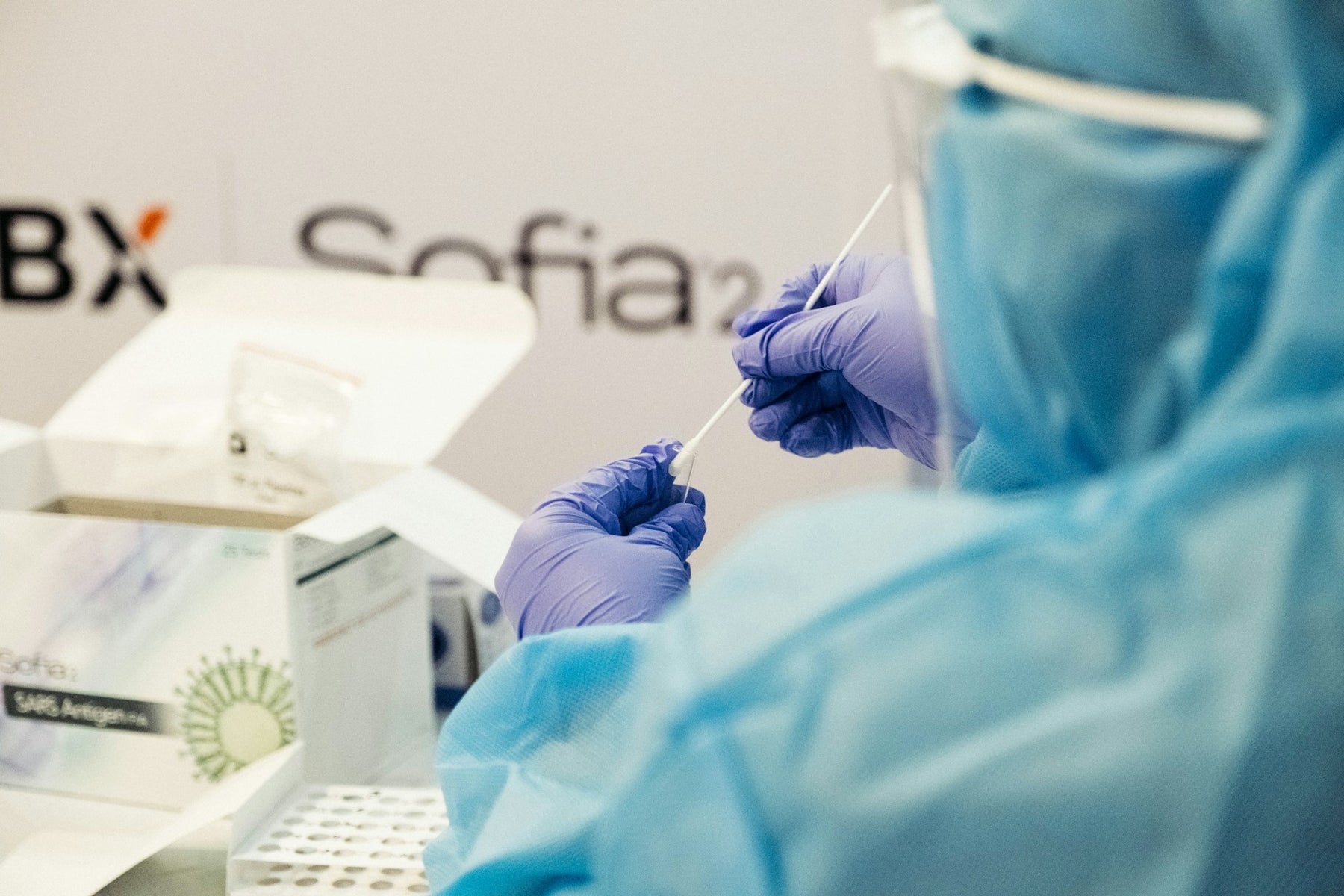
Getting Ready for Your Lab Test: Easy Tips
Getting ready for a lab test can be a bit stressful, especially if you're unsure about what to expect. Knowing how to prepare and what to bring can make the process much smoother. Whether you’re getting a blood test, urine test, or another type of lab work, being prepared can help you feel more at ease.
First, understanding the type of lab test you need is essential. Different lab tests require different preparations. Some might need you to fast, while others don't. Knowing these details ahead of time helps ensure accurate results and avoids any need to retake the test.
Being organized on the day of your test is also crucial. Bringing the right items, knowing what to expect, and understanding what happens next can make your lab test experience less stressful. By following a few simple steps, you can take control of the process and focus on your health with confidence.
Understanding Different Types of Lab Tests
Lab tests come in many forms, each designed to check different aspects of your health. Knowing what each test does can help you make better choices for your health.
Blood tests are the most common type of lab test. They can check for things like cholesterol levels, blood sugar, and signs of infection. A simple needle prick collects a small amount of blood, which is then analyzed.
Urine tests are another common type. These tests look for chemicals, bacteria, and other substances that can show up in your urine. They can help diagnose issues like urinary tract infections or kidney problems.
There are also specialized tests like genetic tests. These look at your DNA to find any genetic disorders or risks. They can provide important information about your health and what conditions you might be at risk for.
Preparing Your Body for the Test
Getting ready for a lab test is important for getting accurate results. Following some simple steps can help you prepare your body.
First, some tests require you to fast. This means you shouldn’t eat or drink anything except water for a certain number of hours before the test. This helps make sure that your blood sugar and other levels are not affected by recent food intake.
Second, stay hydrated. Drinking plenty of water before a urine test can make it easier to provide a sample. Being well-hydrated also helps make sure your blood is easier to draw.
Lastly, avoid strenuous activity before your test. Exercise can affect some test results, like those measuring certain hormones or enzymes. By taking it easy the day before, you can help ensure your results are accurate.
Preparing your body properly helps make sure your lab tests provide the information needed to manage your health. Following these tips helps you get the best results possible.
What to Bring on Test Day
Being prepared for lab test day ensures everything goes smoothly. Here are some key items you should bring:
First, bring a valid ID. Whether it’s a driver's license or a passport, having identification is important for verifying your identity. This helps make sure your test results are accurately recorded.
Second, bring your insurance card if you have one. This will help with billing and making sure any coverage applies to your test. Even if you are paying out of pocket, having your insurance card can be useful information.
Third, bring any paperwork or forms you have been asked to complete ahead of time. This could include doctor's orders or previous medical records. Having these documents handy makes the check-in process faster and easier.
Lastly, bring a list of any medications you are currently taking. This information can be important for interpreting your lab results. Some tests may be affected by medications, so your technician needs to know about them.
By bringing these items, you make the lab visit more efficient and help ensure accurate recording of your information.
After the Test: What to Expect and Next Steps
Once your lab test is done, there are a few things you can expect and steps to take next. Knowing what happens after the test can help ease any worries you might have.
First, you might feel a bit anxious waiting for your results. This is normal. Most results come back within a few days. During this time, try to stay busy and not think about it too much.
Second, you will be notified once your results are ready. Depending on the lab, you might get a phone call, an email, or access to an online portal where you can view your results. Make sure you know how and when you will be contacted.
Third, once you have your results, it's important to go over them with your healthcare provider. They can help you understand what the numbers mean for your health. If any follow-up tests or treatments are needed, they will guide you on the next steps.
Finally, keep a copy of your lab results for your records. Having a personal health record can be helpful for future doctor's visits or when managing ongoing health conditions.
Conclusion
Lab tests play an essential role in understanding and managing your health. Being well-prepared for your lab test, knowing what to bring on test day, and understanding what to expect afterward, help make the process smoother and less stressful. Lab results provide valuable insights that help you and your healthcare provider make informed decisions about your health.
If you're ready to take control of your health, RSC Health offers fast, reliable, and private lab testing services. Schedule your test today and experience the peace of mind that comes with knowing your health better.
